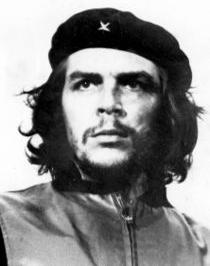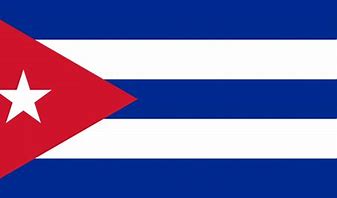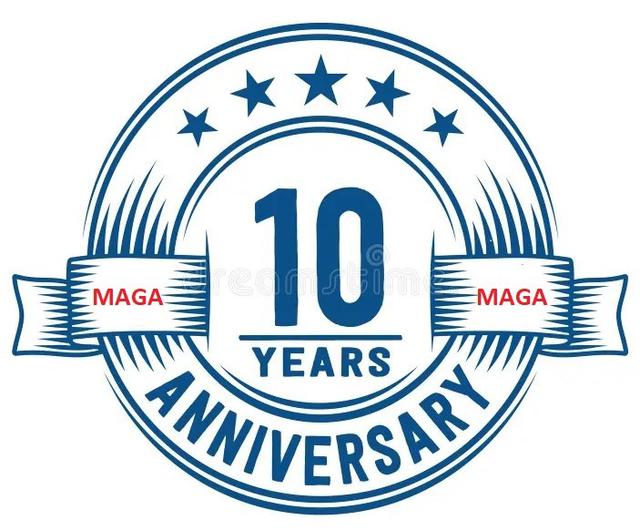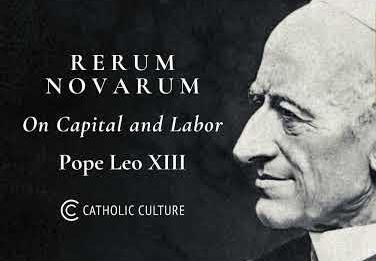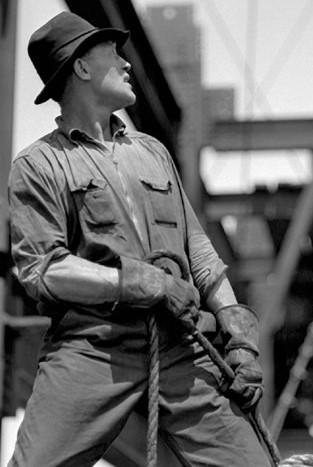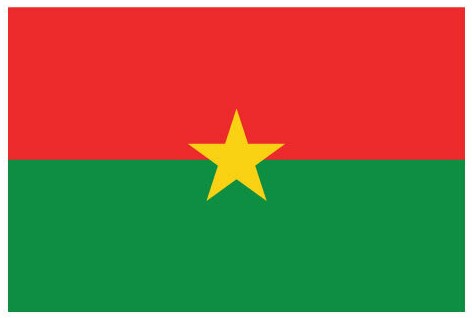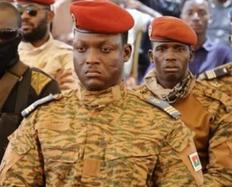June 28
Ibrahim Traoré, the revolutionary figure, with anti-colonial and Pan-Africanist sentiments, who has a campaign to rid his West African country of any Western influence, one of the least developed countries in the world
Meeting # 3,824 - Wes Urry
The speaker states that: "There are many stories about Ibrahim Traoré.
Many are very colorful and flattering but factually incorrect, and still others
are slanderous lies."
Background
Ibrahim Traoré is a military commander and president of Burkina Faso, a landlocked country in West Africa, with a population of 23 million, with the largest ethnic group the Mossi people. It was colonized by the French as Upper Volta, a self-governing colony within the French Community, which gained full independence in 1960. Renamed Burkina Faso, the “land of the honest / incorruptible men,” it remains one of the least developed countries in the world.
Since it gained its independence, the country has been subject to instability, droughts, famines and corruption. There have also been various coups, in 1966, 1980, 1982, 1983, 1987, and twice in 2022. There were also unsuccessful coup attempts in 1989, 2015, and 2023.
Burkina Faso is a state that is struggling to overcome the conditions it found itself in in the neo colonial era.
Under Traoré's administration, Burkina Faso has pursued a revolutionary
and anti-colonial agenda, expelling French soldiers and strengthening ties
with Russia.
Burkina Faso has nationalized its wealth by creating a state mining corporation,
aiming for more control over its gold mining resources. This move immediately
scored points with people who have been advocating that where the country’s
wealth be distributed primarily within its borders.
It obtained control of two industrial gold mines formerly controlled by a British
company, and in April 2025, granted an industrial mining license to the Russian
company Nordgold for a new gold project.
June 7
Open Microphone
10 Year Anniversary of Trumpism in America
Will he be able to remain in office? Will he MAGA?
Meeting # 3,821 - June 16 marks 10 years since he descended the Trump Tower escalator and announced his candidacy for President.
Anyone in attendance, either in-person or online, will be afforded 10 minutes to speak.
June 14
A Complete, Accurate Story of US Cuba Relations 1898-2025
"What They Didn’t Teach Us in School"
Meeting # 3,822 - Walt Zlotow, President of the West Suburban Peace Coalition
In 1898 the US declared a successful war against Spain to expel that country from Cuba and the Americas and begin its exploitation of Cuba. Learn how American business interests dominated US-Cuba relations until the Cuban Revolution of 1956-59 when subsequent land reform injured American business and political pride. This resulted in US proxy war, attemped regime change assassination attemps, political and economic sanctions that all failed but continue to this day. Never found in America’s schoolbooks, this exploitation will be discussed by Walt Zlotow in “US Cuba Relations 1898-2025: What They Didn’t Teach Us in School.”
The speaker:
Walt Zlotow is president of the West Suburban Peace Coalition. He has followed US-Cuba relations for 8 decades, supporting the Cuban Revolution of 1956–59 that overthrew the Batista regime, a government which had brutalized the Cuban people with America’s backing for over 25 years. His sister-in-law is a Cuban national who immigrated to the US in 1969, marrying his brother in 1974. Zlotow visited Cuba in 2017 which inspired him to develop tonite’s talk. He blogs daily on anti-war and other subjects at www.heartlandprogressive.blogspot.com and WaltZlotow.Substack.com
June 21
The Papal Encyclical RERUM NOVARUM –
Can Christianity and Capitalism Co-Exist, or
Are They at Odds with Each Other?
Meetings # 3,823 -collefe regular Tim Bolger
The speaker states that he will cover the following:
"Does Christianity approve of free market capitalism for personal profit? Or should the capitalist be made to share all the profits? Does someone who does no work get any profits? Why do many work hard but get few profits?
What if chasing profit isn’t the problem—but ignoring justice is? Before you defend capitalism or condemn it, ask yourself, does your faith shape your economics, or does your economics reshape your faith?
The answer to these question can be found in RERUM NOVARUM ENCYCLICAL OF POPE LEO XIII."
"The rich must religiously refrain from cutting down the workmen’s earnings, whether by force, by fraud, or by usurious dealing; and the poor should not put their trust in deceitful promises, or try to gain by riot what they cannot get by honest labor."
— Pope Leo XIII, Rerum Novarum (1891)
This piece explores the moral and theological implications of free-market capitalism through the lens of Pope Leo XIII’s Rerum Novarum, examining the balance between personal profit, social responsibility, and the rights of workers. It addresses whether Christian doctrine condones individual profit, the ethical obligation to share wealth, and why disparities in labor and reward persist in capitalist systems.



